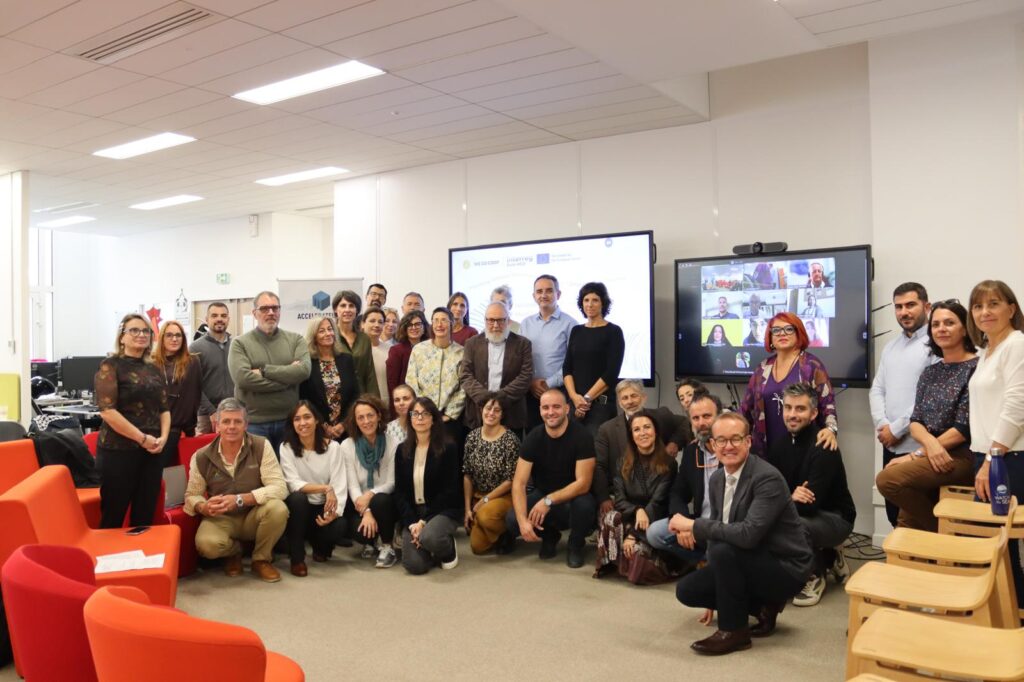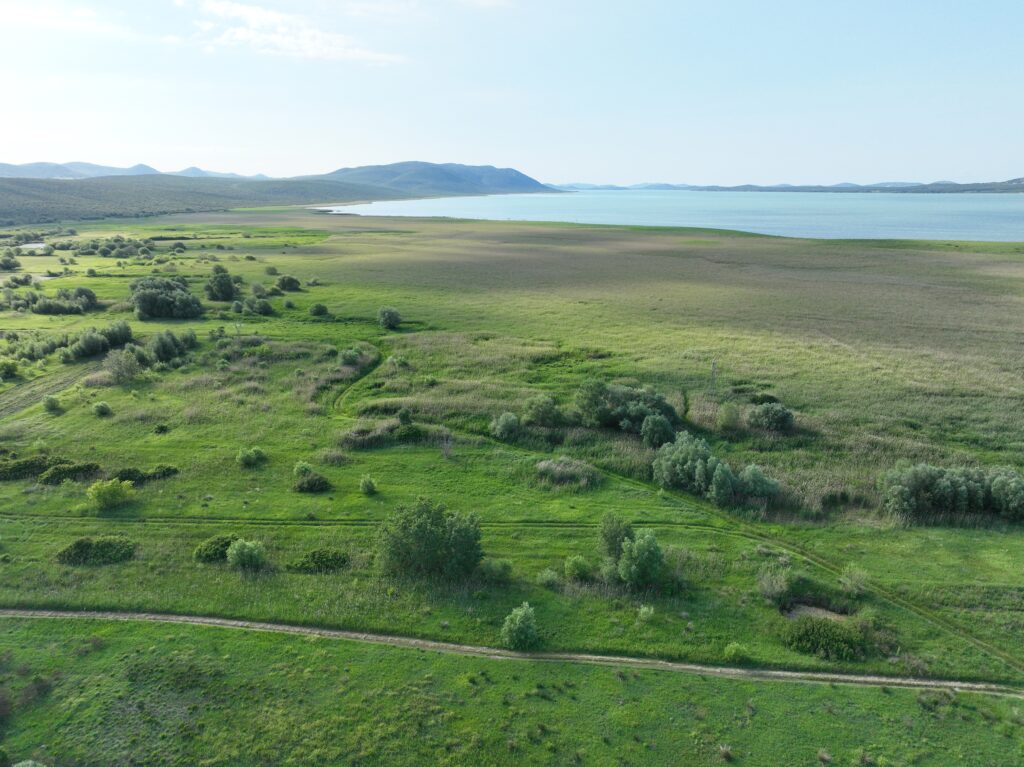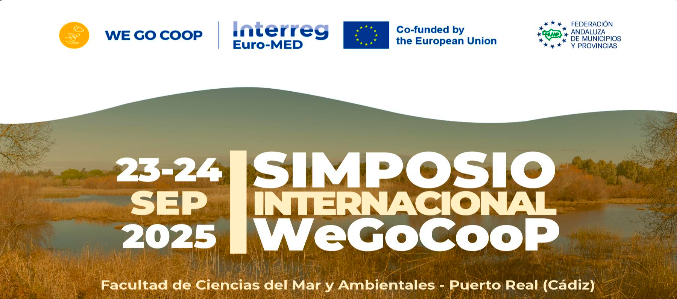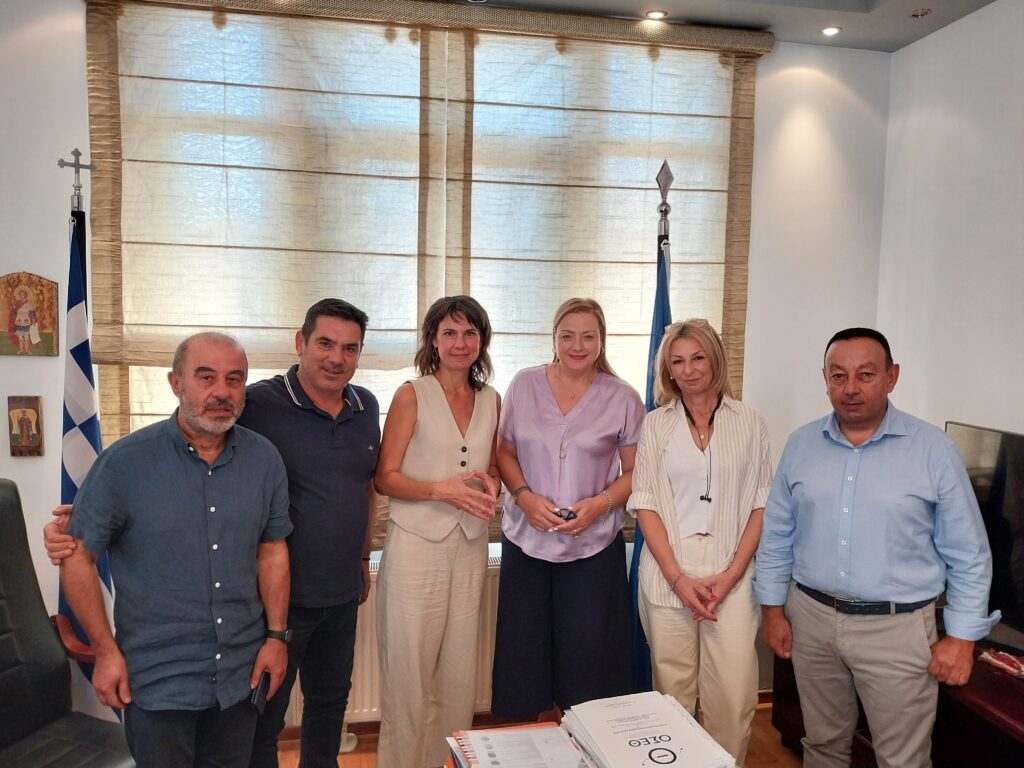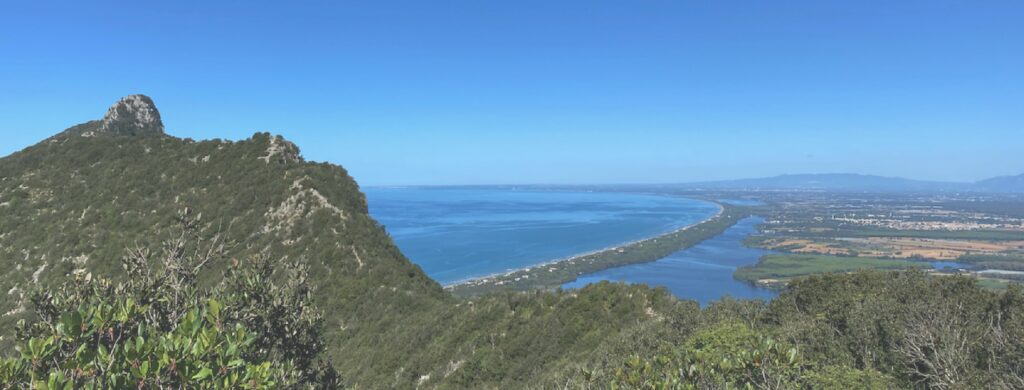
Interreg Euro-MED - WE GO COOP

The Interreg Euro-MED WE GO COOP project promotes the implementation of Wetland Contracts, a multilevel collaborative governance tool tested in various EU-funded projects, fostering coordination between previously involved organizations and new key stakeholders.
The project aims to establish a Community of Practice (CoP) among actors engaged in Environmental Contracts at the Mediterranean level, capitalizing on the outcomes of previous projects, sharing challenges and solutions. Meanwhile, the project will exchange experiences, methodologies, and strategies and transfer the tool to new contexts in the Euro-Mediterranean region and the Middle Eastern and Southern Mediterranean region.
Transnational cooperation becomes the tool through which WE GO COOP forms the CoP uniting diverse perspectives facing similar challenges, enabling the project to meet the needs of wetlands on a large scale, ensuring the transferability of its results.
Focus

Wetland Contract
The Wetland Contract (or more in general Environmental Contract) tool has been applied to other forms of waterbodies such as rivers (River Contract), coasts (Coast Contract), lakes (Lake Contract). Recently, the Interreg Med TUNE UP tested the tool also to Marine Protected Areas (MPAs).
The Wetland Contract is a voluntary tool for strategic and negotiated planning of wetlands. It is a collaborative governance process combining multi-objective, multi-level and multi-stakeholder decision-making. In this sense, the Wetland Contract shall be understood as a continuous process of governance based on shared knowledge and a synergic interaction between stakeholders, aimed, before sharing decisions, at sharing decision-making ways.
The Wetland Contract process is composed of three subsequent stages: the Preparatory stage, the Development stage, and the Implementation stage.
Community of Practice
The Community of Practice brings together all actors and organizations that have been implementing Wetland Contracts at the Mediterranean level to promote networking, exchange good practices and capitalize on the results and outputs of past EU-funded projects that tested the tool. Furthermore, WE GO COOP will work on the creation of a virtual and collaborative platform for this Community of Practice. An innovative approach to common challenges is proposed: it is no longer an issue of providing specific solutions for each problem, but rather the creation of a network for the transfer of knowledge and experience for better coordination and decision-making, creating synergies between actors facing similar issues and in need of shared proposed solutions, by creating a space for exchange.
Collaborative Governance
Collaborative governance is a process through which multiple stakeholders mutually engage and negotiate values, meaning, and resources to address problems or carry out a public purpose that could not be achieved by individual actors alone. It is a collective action process that enables commitment, coordination, and cooperation among elites and nontraditional political actors, such as citizens and marginalized groups. It is grounded on different opinions, consensus building, and social learning in contexts where power is often asymmetrical. It does not entail harmonization of interests, homogeneity of values, or the elimination of disagreements among diverse participants, and it is opposed to collusion, capture, and cooptation.
Source: Schommer & Guerzovich (2023)
VIRTUAL COLLABORATIVE PLATFORM
The WE GO COOP Virtual Collaborative Platform is an open and interactive space that supports the Community of Practice on Mediterranean Wetland Contracts by collecting, sharing, and organizing knowledge, tools, and experiences for better wetland management.
The Wiki is a dynamic database of Mediterranean Wetland Contracts. It centralizes information on signed Contracts, offering geolocalized data, legal references, and case studies to support informed decision-making and collaboration.
The Repository is a resource hub that gathers key documents, research, guidelines, indicators, and best practices related to wetland management and Wetland Contracts. It provides easy access to practical tools and references for planning and implementation.
Together, these sections promote knowledge sharing, collaborative learning, and stronger cooperation for the sustainable protection of wetlands.
Latest
News
Upcoming
Events
No events to display at this time.
Key

